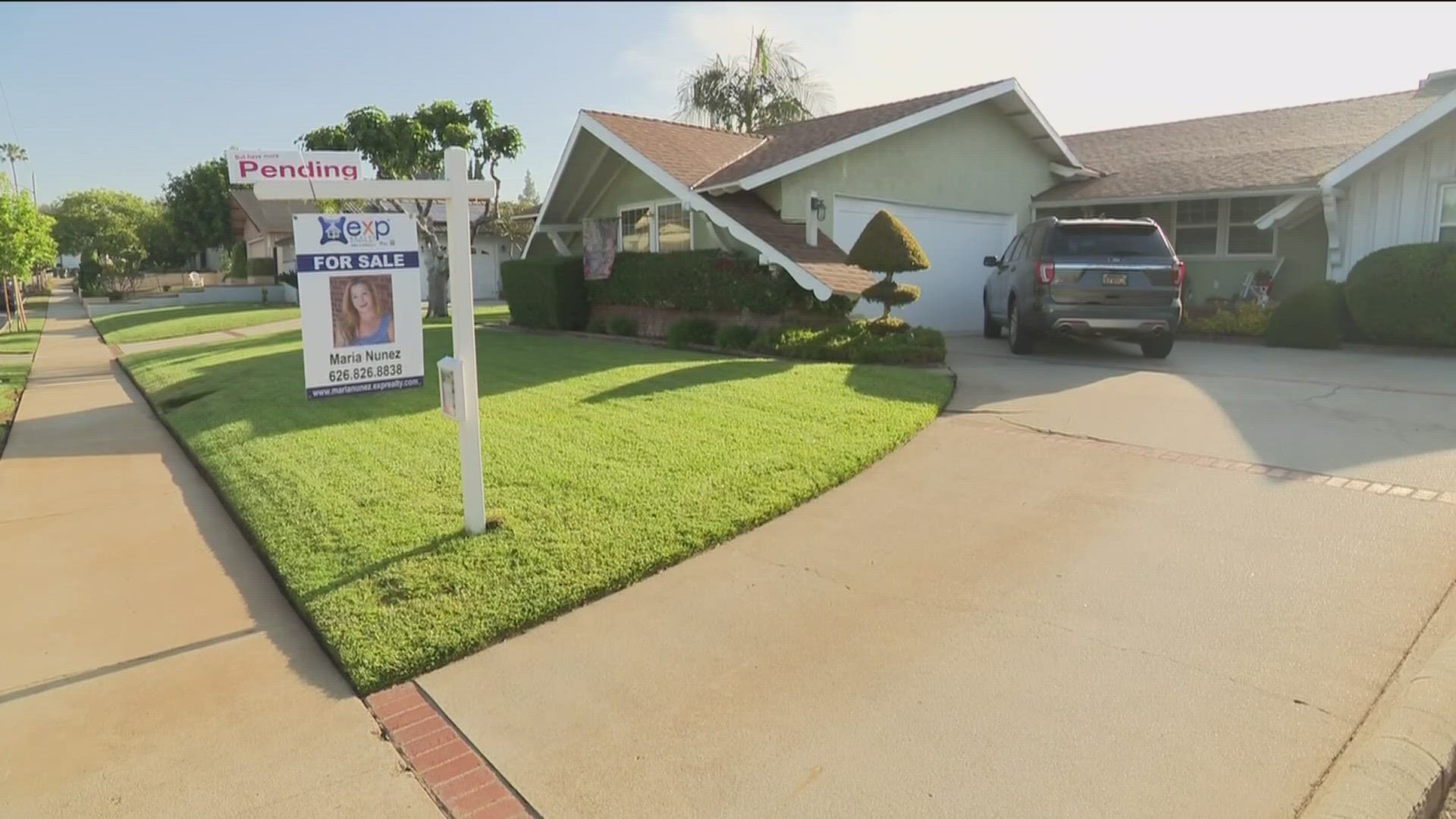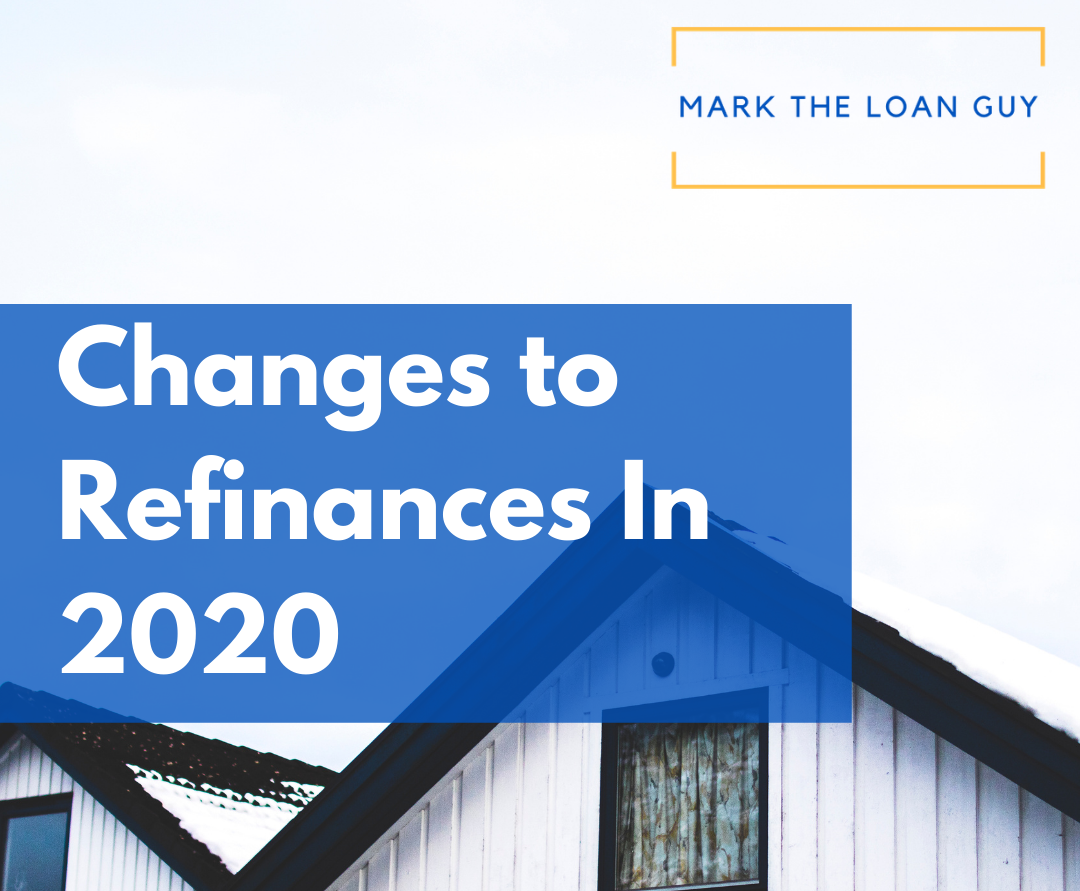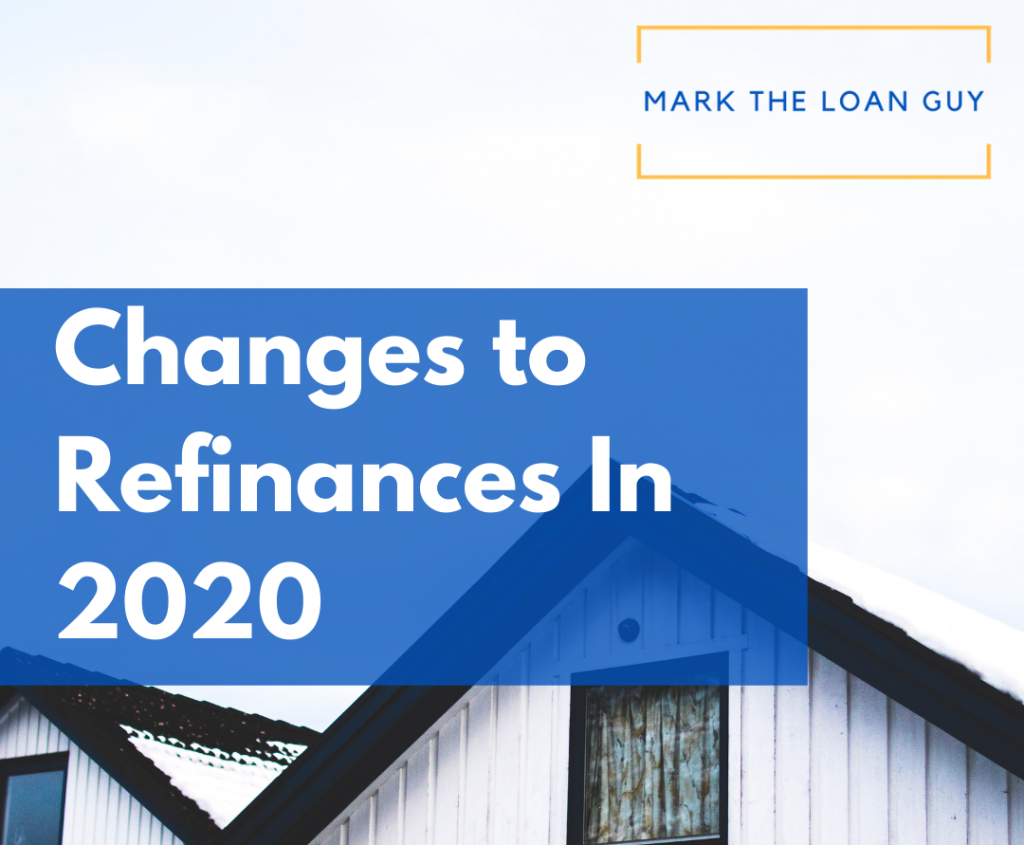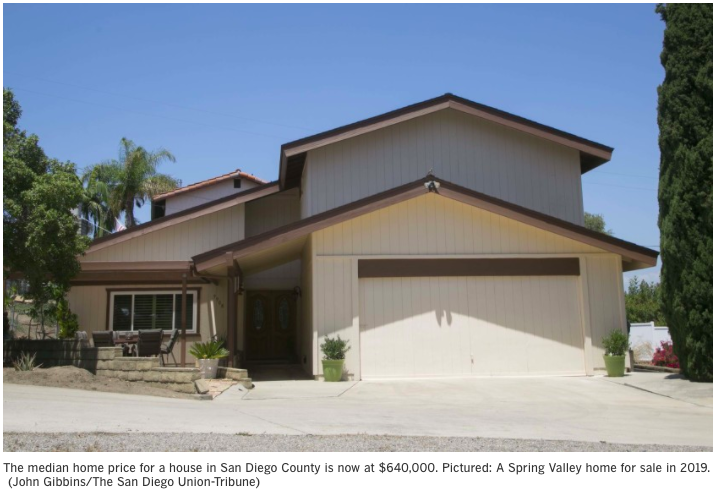Loan Officer from C2 Financial Group, Mark Goldman discussed how the Fed raising rates impacts mortgage rates and if now is a good time to buy a home.
For the full article click here.

Loan Officer from C2 Financial Group, Mark Goldman discussed how the Fed raising rates impacts mortgage rates and if now is a good time to buy a home.
For the full article click here.

If you bought a San Diego home one year ago, there’s a chance it’s now worth less than what you paid.
San Diego County’s median home price was $750,000 in February, said CoreLogic data released Wednesday, down 2.6 percent from the same time last year. It’s the first time in more than three years that the annual price went down. It also marked the ninth month in a row of price declines.
For the full article click here.

San Diego’s home price dropped for the first time this year as rising mortgage rates slowed seeimingly unstoppable gains.
June’s median home price in San Diego was $825,000, down from the all-time high of $850,000 reached the previous month.
For the full article click here.

A new report from Zillow says many homes in San Diego County are selling in just under a week, but experts say the housing market is showing a few signs of cooling.
San Diego loan officer Mark Goldman says low supply and high demand are continuing to push home prices up in our region. That’s despite interest rates jumping in the last year to about 5 percent for a 30-year-fixed loan.
For the full article click here.

The Federal Reserve’s decision to raise interest rates has many wondering if San Diego’s sky-high housing prices will finally come down, but analysts say the Fed’s move can only do so much in our supply-strained county.
“I get text messages, I get emails, I get calls,” said Loan Officer Mark Goldman, of C2 Financial.
“Not only do I get them for my private residence, but I also get calls because my company has the name realty in it.”
For the full article click here.

U.S. mortgage rates approached 5% on Friday, the highest daily average in more than four years, as war-worsened inflation fears spooked financial markets and the Federal Reserve ended a two-year emergency program that boosted demand for bonds containing home loans.
The average locked rate for a 30-year fixed mortgage eligible to be backed by Fannie Mae and Freddie Mac – the most common form of home financing – rose to 4.87% on Friday, the highest since late 2018, after rising a third of a percentage point in a week, according to data from Optimal Blue. The average 30-year jumbo rate increased to 4.4%, the highest since 2019.
For the full article click here.

I recently spoke with Kathleen Howley and Forbes about the expectation that rates may remain low, as we have seen over the past year.
Just recently the Federal Reserve Bank of Kansas City canceled their Jackson Hole Economic Policy Symposium due to the rising spread of the delta-variant. How does this point to low rates?
Well, when shutdowns across the country began occurring last year the Fed cut rates and they have remained low throughout this year as well. In January, the average rate for a 30-year fixed mortgage reached 2.65%, an all-time low according to data from Freddie Mac. The recent cancellation of this in-person event may signal to investors that the pandemic is not truly over. Despite the vaccine rollout cases continue to increase in many places across the country.
“The Fed has been reassuring markets since last year that they will keep buying bonds as long as there’s a concern that the pandemic is going to slow the economy,” said Mark Goldman, a mortgage broker with C2 Financial Corp. in San Diego. “Now, we’re hearing every day that hospitals are full, and that’s not a sign that the economy is about to take off.”
For the full article, click here.

In this aggressive seller’s market, many successful bidders are waiving appraisal contingencies. Agents must be equipped to address their buyer-clients’ concerns about paying more than the appraised value for a property.
An appraised value less than the contract price will increase the loan to value. This can require additional cash down payment and/or mortgage insurance.
Should a buyer pay more than appraised value? Tough question. But, in this market, the answer is often “yes”. There are many competing buyers willing to waive appraisal contingencies. However, home prices are moving up at a brisk pace. The appreciation in value will likely help home values catch up to price in a year or so.
The strongest buyers prevail – Successful bidders for homes are making cash offers with no contingencies for the appraised value. Move up buyers are confronted with the challenge to buy a new home before selling their departure residence. One concern is to sell first and not get a new home in time for the move. Such buyers may need to qualify for their purchase while carrying their departure residence because sellers may not consider a contingency for the sale of the departure residence.
Do bidding wars create a bubble in prices? I do not believe that the current trend to higher prices will create a bubble that will burst because the buyers are purchasing for their use, not speculation. Price bubbles in stocks, tulips, and real estate are the result of investors simply speculating that some fool will be willing to pay more for an asset in the near term. I have not observed investors buying homes on speculation to flip at a higher price.
Many sectors of the market have prospered during Covid. As we return to normalcy, the economy will improve even more. So, the upward pressure on home pricing will continue. Higher interest rates in the next 6-12 months may moderate the rate of appreciation unless inflation becomes an additional influence to even greater price increases.
Millennials are entering the home market. We will see more millennials become home buyers in the next few years created even stronger demand for the limited housing supply in San Diego.
Conclusion – This is a tough market for home buyers with prices rising rapidly and fierce completion for limited inventory. I expect pricing to continue upward in the next year. However, I believe the rate of appreciation will slow later this year as the fear of Covid subsides and more home sellers are willing to list their property.


Recently Fannie Mae and Freddie Mac announced that they are raising fees on refinances. The new fee will add 0.5% of the loan amount to the borrowers’ cost. The fee was originally planned to be put in effect starting September 1st, but is currently being charged by lenders.. This fee will cause a slight increase of approximately 1/8th to the rate on many refinances
This fee was put in place to protect against risk of default or forebearance, since many borrowers have been taking the opportunity to refinance their home loans. Rates have remained low, and we can expect them to stay low going into next year. Fannie and Freddie state that this fee will not cause monthly payments to increase. Most borrowers who refinance do achieve a lower monthly payment; and this fee would only reduce those savings by about $15 a month.
The fee will apply to most refinances, with some exclusions being:
My mortgage interest outlook is that rates could increase due to expectations of greater inflation. The Federal Reserve has announced that they will keep the Fed Funds Rate low into 2023. However, that is an overnight borrowing rate to banks. Rates on long term fixed rate loans will reflect the inflation risk. Another factor that will put upward pressure on rates is economic recovery. In general, mortgage interest rates are very low now by historic comparisons. I see more factors motivating higher rates than lower rates at this time. One other factor that can push rates up is good news on a Covid Vaccine. Of course we all want an effective vaccine. But, I expect news of a vaccine will push rates up.
Bottom line – Rates are great now. Take advantage if you have need.
Let me know when I can help.

I spoke with The San Diego Union-Tribune recently about the new record high prices we have seen in San Diego. This year there are a lot less homes on the market, meaning a lot more competition for buyers and therefore higher home prices. Many sellers are receiving multiple offers, some even over asking price and selling in a few days.
The Union-Tribune reports “the county has seen prices rise more than 8 percent since the pandemic took effect in March” which is something we have seen across major cities in the country. Low interest rates have incentivized many to buy now, so more buyers have entered the market. I believe rates will stay like this for some time, so it’s a good time to buy for those who can.
For more information, read the full article here.